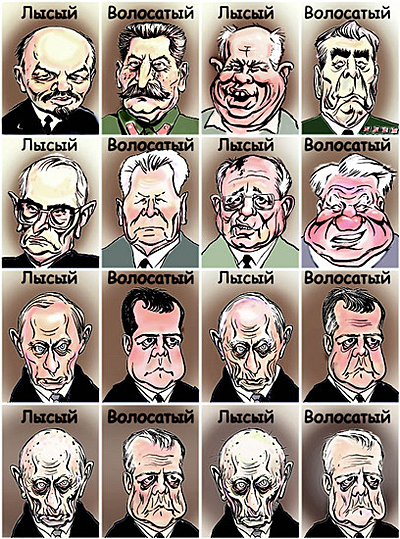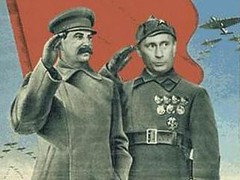
I took this photo of Obama volunteers in Columbus last fall (I don't know their names).
During the presidential campaign, I kept having the same conversation with fellow Obama campaign volunteers — that win or lose, we were going to keep doing stuff once the election was over. These volunteers all seemed to feel like they wanted to make the world a better place, and while that was part of why they liked Obama, they planned on doing that no matter what — and they were happy to meet others who felt the same way and to forge alliances and make contacts.
I’ve already seen a few large-scale manifestations of this, starting with the Obama-run “Day of Service” on January 19th, and going through various MoveOn and TrueMajority appeals I’ve seen that use the email lists they amassed when they were working on behalf of the Obama campaign.
But I’m now seeing the first truly grass-roots manifestation. There have been a spate of robberies in our area and one of the people I worked with on the campaign decided to do something about it. She’s forming a standard Neighborhood Watch program, but then also is organizing a series of informational events by the police department, covering ways that you can increase your security. (A neighbor had been robbed and then was given pointers on how he could help prevent it in the future, and she thought those pointers were worth sharing with the community.)
She fired up the old Obama volunteer email list (local version) and we’re all pitching in same as before. Someone’s designing fliers to advertise the meeting, someone else is covering printing costs. We’ll each be taking a street or two to do literature drops, and we know the drill (can’t put them in mailboxes, etc.)
It’s fun to be talking to people I know through volunteering but not in everyday life again, and the project is working out fantastically well so far.
I can easily see this becoming a regular thing. The infrastructure already there can be put to quick and painless use for any number of purposes. I may even think up a cause to take up next time. (Hmmm….)
 Then there’s the question of strategy. I already linked to Josh Marshall’s
Then there’s the question of strategy. I already linked to Josh Marshall’s 



 Most news reports last week on the double political murder in Moscow
Most news reports last week on the double political murder in Moscow 



